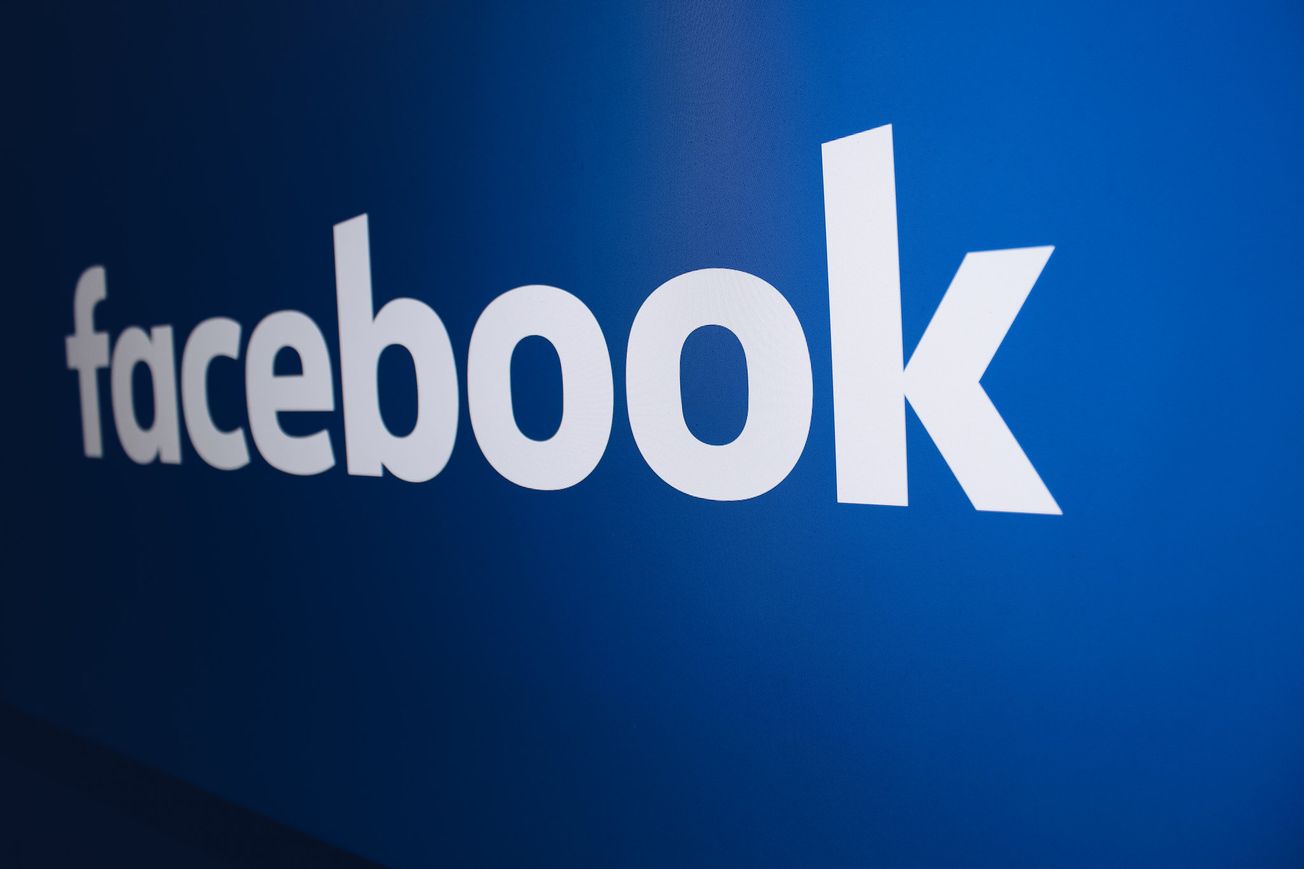The European Parliament just voted to mandate USB-C as the "common port" for consumer electronics, so maybe you should hold off on buying the new iPhone 14. Therefore, in 2024, Apple will have to abandon the Lightning port if it wants to keep selling iPhones in the European Union.
It's not just about the iPhone, but it seems like the most vocal critics of this trend are iPhone owners. In addition to smartphones, the new EU directive will also apply to tablets, cameras, and even laptops by the year 2026. There were 602 votes in favor of the amendment and only 13 votes against it.
Apple has long argued that mandating a universal port standard would reduce consumer choice and lead to more electronic waste when people were forced to abandon their proprietary Lightning cable. However, the EU is of the opinion that standardization is necessary at this time and will help cut down on waste in the long run. In 2024, all devices will be USB-C compatible, so consumers won't have to buy a new charging cable for each one. I guess we could say that about almost everything. Exceptions are made in the directive for gadgets like fitness trackers and smartwatches that are too small to realistically incorporate a USB-C port.
There will be a meeting of the European Council soon to finalize the directive's approval and publication in the EU Official Journal. It will become final 20 days after publication, but the rules won't go into effect for another year. The iPhone due out next year could still sport Apple's Lightning connector if the company so chooses. By late 2024, the standard port will be required of all manufacturers, including Apple.
Although the Lightning port was a significant improvement over Apple's 30-pin connector, it has been left in the dust now that USB-C has reached its full potential.
The Lightning port was adopted by Apple in 2012, well before USB-C gained widespread use. When compared to the 30-pin connector found on older Apple phones and iPods, Lightning is clearly superior. It could be used in either direction, was more compact, and allowed for faster charging. In contrast, USB-C has surpassed Lightning and is compatible with a wider variety of devices. This is something that Apple is aware of, as the company was an early adopter of USB-C for laptops and there are no Lightning ports on the latest MacBook models.
Although some budget consumer electronics may still use older port standards, all of Apple's primary rivals have already made the switch. It's highly unlikely that you'll be able to buy an Android phone today that doesn't support USB-C. Switching to USB-C began with flagship phones nearly a decade ago, and it has since spread to even budget phones.
A 2018 EU effort to make USB-C the standard was abandoned after resistance from industry. This new rule is the result of revised language being written in 2021. There is still plenty of time before the switch to USB-C, as reports have indicated that Apple is already testing a USB-C version of the iPhone.









